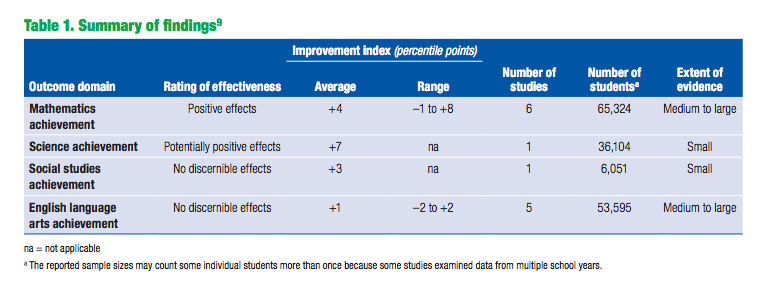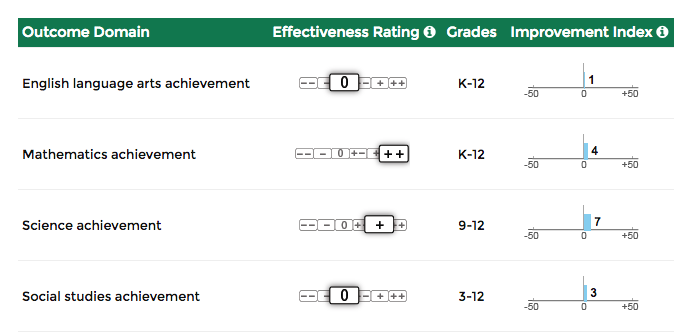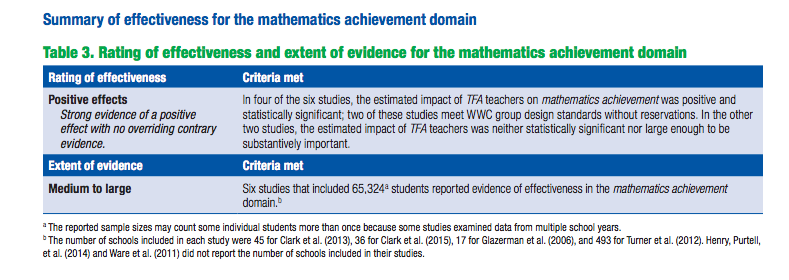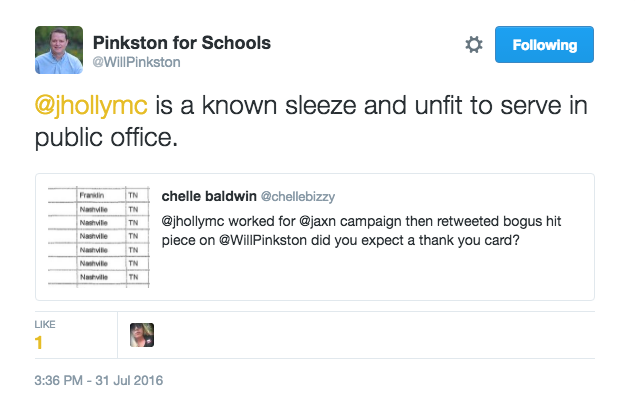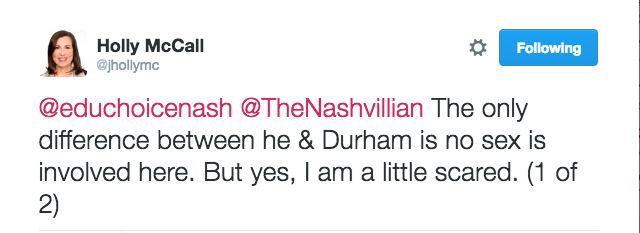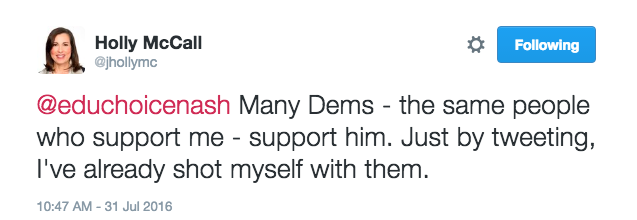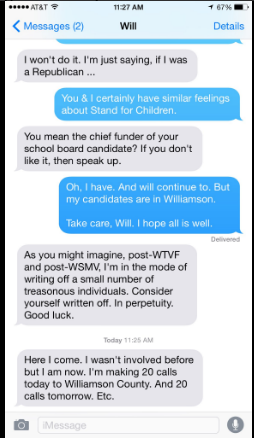 We welcome Dr. Tim Odegard to the blog to discuss dyslexia. Dr. Odegard is a dyslexia expert and is currently the Chair of Excellence in Dyslexic Studies and a Professor of Psychology at Middle Tennessee State University.
We welcome Dr. Tim Odegard to the blog to discuss dyslexia. Dr. Odegard is a dyslexia expert and is currently the Chair of Excellence in Dyslexic Studies and a Professor of Psychology at Middle Tennessee State University.
He is a cognitive psychologist and received his PhD from the University of Arkansas. He speaks locally and nationally on the process of reading and dyslexia.
What are the signs and symptoms of someone with dyslexia?
Students do not have to present with underachievement or difficulties in all of these areas to be said to have characteristics of dyslexia.
- Difficulty reading words in isolation
- Difficulty accurately decoding unfamiliar words
- Difficulty with oral reading (slow, inaccurate, or labored)
- Difficulty spelling
- Segmenting, blending, and manipulating sounds in words (phonemic awareness)
- Learning the names of letters and their associated sounds
- Holding information about sounds and words in memory (phonological memory)
- Rapidly recalling the names of familiar objects, colors, or letters of the alphabet (rapid naming)
We hear that 1 in 5 students have dyslexia. Is that fact or fiction?
It is a number based on study documenting the prevalence rate of dyslexia. The prevalence rate ranges from 5 – 20 % depending on the nature of the sample included in the study.
The reality is that when schools are required to report the identification rates of dyslexia the identification rate is less that 3%. This reality suggests that we do not have an issue of over identification in our country but one of under identification.
The data on the identification rates of Specific Learning Disability in our public schools also suggests that we have an issue in some states of under identification of specific learning disability. Dyslexia is just one form of specific learning disability.
When identified as having dyslexia, what type of intervention do students need to improve their reading ability?
These students struggle to read words accurately and or quickly. This can limit their ability to comprehend written material and learn new vocabulary from written material. These students need direct instruction that systematically teaches them how to read words.
Advocates say that OG (Orton-Gillingham) intervention is what is needed for all students with dyslexia. Has the OG method been proven to work with students with dyslexia?
Yes, there were several controlled studies conducted to test the impact of various Orton-Gillingham based programs. The results of these studies were summarized in a meta-analysis published in the Annals of Dyslexia. Due to the age of these studies they were not included in the What Works Clearinghouse.
Do all students who struggle with reading have dyslexia?
No, a small number of students with a specific learning disability in reading struggle with comprehension in spite of being able to accurately and efficiently read words and text passages. A specific comprehension problem is not dyslexia.
What are the two biggest misconception when it comes to dyslexia?
Many people still think that dyslexia is a medical diagnosis that must be tested and diagnosed by a health professional. This is not true. The reality is that dyslexia is not a medical condition and does not require a medical diagnosis.
Many people still think that school personnel cannot identify characteristics of dyslexia or dyslexia.
This is not true. The reality is that school psychologists in our public schools are often the best equipped to identify dyslexia. The 2016 Say Dyslexia law helps to clarify this for schools, and the Center for Dyslexia is working to provide educators and parents with valuable resources to aid in the identification of dyslexia.
What does the MTSU Center for Dyslexia offer parents and students?
The Center for Dyslexia has a small staff of experts in dyslexia and literacy dedicated to providing resources to parents, student and educators. We offer assistance to parents in understanding how they can work with their child’s schools in support of school based identification of dyslexia.
We also offer monthly parent workshops of different topics of dyslexia and supporting students with dyslexia. We have a limited capacity to provide testing services to students in the state.
For more on education politics and policy in Tennessee, follow @TNEdReport.



